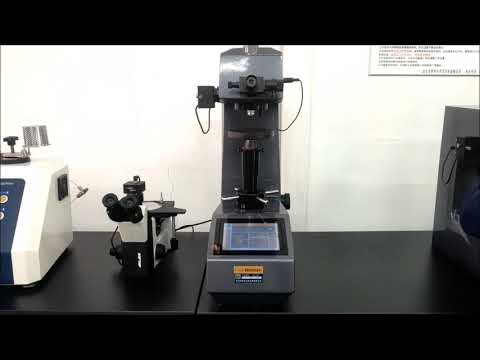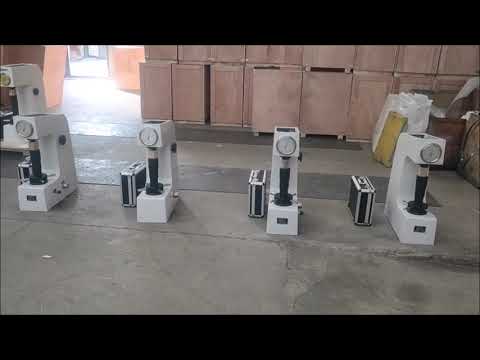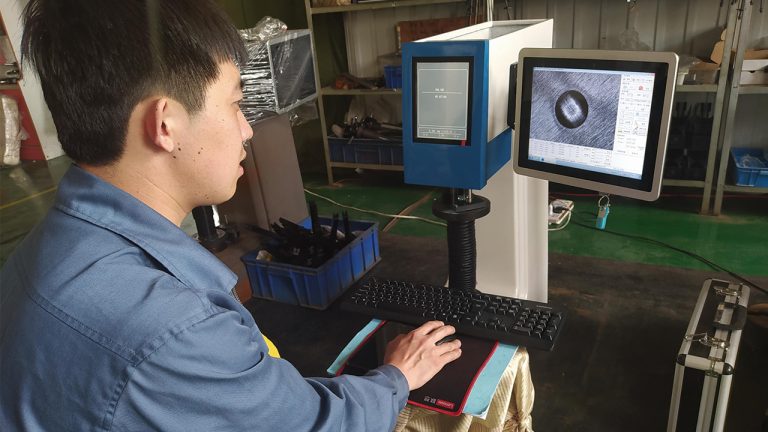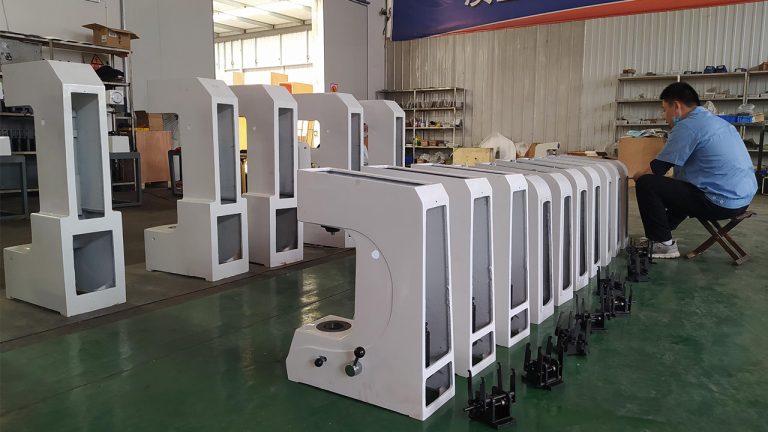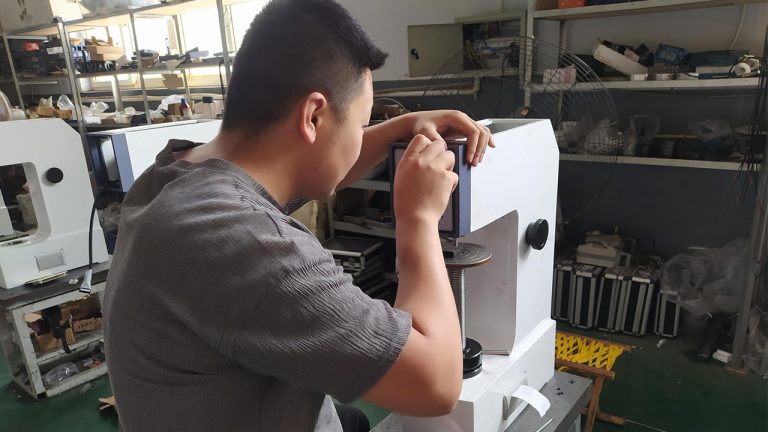Table of Contents
Benefits of Using a Fine hardness tester in Material Testing
A fine hardness tester is an essential tool in material testing, providing accurate and reliable measurements of a material’s hardness. hardness testing is crucial in various industries, including manufacturing, construction, and engineering, as it helps determine the material’s strength, durability, and suitability for specific applications. In this article, we will explore the benefits of using a fine hardness tester in material testing.
One of the primary benefits of using a fine hardness tester is its ability to provide precise and consistent hardness measurements. Unlike manual hardness testing methods, which can be subjective and prone to human error, a fine hardness tester uses advanced technology to ensure accurate results. This level of precision is essential in ensuring the quality and reliability of materials used in critical applications.
Furthermore, a fine hardness tester is versatile and can be used to test a wide range of materials, including metals, plastics, ceramics, and composites. This versatility makes it a valuable tool for manufacturers and engineers working with diverse materials and applications. Whether testing the hardness of a steel beam in a construction project or a plastic component in a consumer product, a fine hardness tester can provide valuable insights into the material’s properties.
In addition to providing accurate measurements, a fine hardness tester is also efficient and easy to use. With automated testing procedures and user-friendly interfaces, operators can quickly and easily perform hardness tests without the need for extensive training or expertise. This efficiency not only saves time but also reduces the risk of errors, ensuring reliable and consistent results.
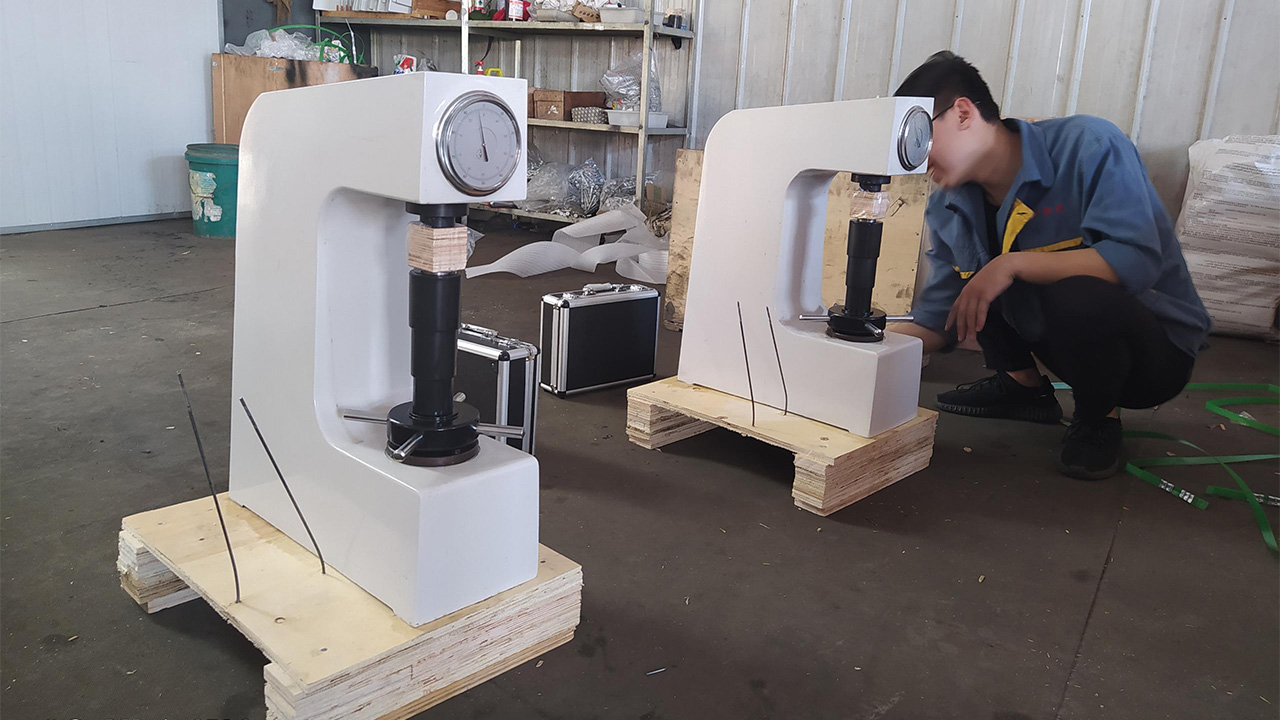
Another benefit of using a fine hardness tester is its non-destructive testing capabilities. Unlike traditional hardness testing methods that require cutting or damaging the material, a fine hardness tester can measure hardness without altering the material’s properties. This non-destructive testing approach is particularly valuable when testing expensive or irreplaceable materials, as it allows for thorough testing without compromising the material’s integrity.
Furthermore, a fine hardness tester can provide valuable data for quality control and process optimization. By monitoring the hardness of materials throughout the manufacturing process, manufacturers can identify potential issues early on and make necessary adjustments to ensure product quality and consistency. This proactive approach to quality control can help prevent costly defects and recalls, ultimately saving time and resources.
Overall, the benefits of using a fine hardness tester in material testing are clear. From providing precise and consistent measurements to offering versatility, efficiency, and non-destructive testing capabilities, a fine hardness tester is an invaluable tool for manufacturers, engineers, and quality control professionals. By investing in a fine hardness tester, organizations can ensure the quality and reliability of their materials, ultimately leading to improved product performance and customer satisfaction.
How to Choose the Right Fine Hardness Tester for Your Needs
When it comes to testing the hardness of materials, a fine hardness tester is an essential tool for ensuring accuracy and reliability. With so many options available on the market, choosing the right fine hardness tester for your specific needs can be a daunting task. In this article, we will discuss some key factors to consider when selecting a fine hardness tester to ensure you make the best choice for your application.
One of the first things to consider when choosing a fine hardness tester is the type of material you will be testing. Different materials have different hardness properties, so it is important to select a tester that is capable of accurately measuring the hardness of the material you will be working with. Some testers are designed specifically for metals, while others are better suited for plastics or ceramics. Make sure to choose a tester that is compatible with the material you will be testing to ensure accurate results.
Another important factor to consider when selecting a fine hardness tester is the testing method. There are several different methods for measuring hardness, including Rockwell, Brinell, Vickers, and Knoop. Each method has its own advantages and disadvantages, so it is important to choose a tester that uses a method that is suitable for your specific application. For example, if you need to test the hardness of thin materials or small parts, a Vickers or Knoop tester may be more appropriate than a rockwell tester.
In addition to the material and testing method, it is also important to consider the range of hardness values that the tester is capable of measuring. Some testers are designed for measuring a specific range of hardness values, while others are more versatile and can measure a wider range. Make sure to choose a tester that is capable of measuring the hardness values you need for your application to ensure accurate results.
When selecting a fine hardness tester, it is also important to consider the size and weight of the tester. If you will be using the tester in a laboratory setting, a larger, heavier tester may be more suitable. However, if you need to take the tester to different locations for testing, a smaller, more portable tester may be a better option. Consider how and where you will be using the tester to determine the size and weight that will work best for your needs.
Finally, it is important to consider the cost of the fine hardness tester. Prices can vary widely depending on the brand, features, and capabilities of the tester. While it may be tempting to choose a cheaper option, it is important to remember that quality and accuracy are key when it comes to hardness testing. Investing in a high-quality tester may cost more upfront, but it will provide more accurate and reliable results in the long run.
In conclusion, choosing the right fine hardness tester for your needs requires careful consideration of the material, testing method, hardness range, size and weight, and cost. By taking these factors into account and doing thorough research, you can ensure that you select a tester that will provide accurate and reliable results for your specific application.

